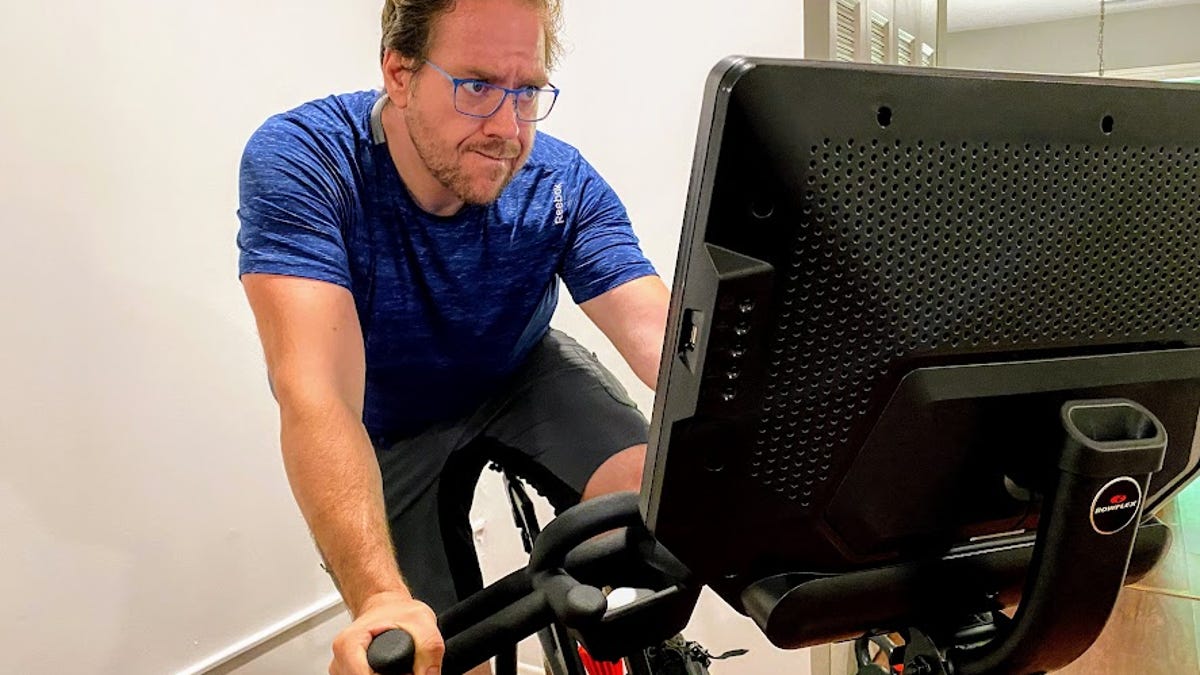The latest entry in Marvel’s “Assembled” documentary series digs deep into the first (and perhaps, final?) season of Agatha All Along. It was released on YouTube for viewing convenience—but if you don’t have an hour to spare to watch it yourself, the following are our top 10 takeaways.
1. Agatha‘s costume designers went above and beyond
 Screenshot: Marvel
Screenshot: MarvelWithout a doubt, the single most interesting thing we discover in the entire hour-long documentary is that the witches’ wardrobes in Agatha All Along are covered head-to-toe in small details that that were never even intended to make it to screen. Perhaps the most spectacular of these hidden intricacies is what’s inside the delightful coat Agatha begins wearing in episode two. As revealed by costume designer Daniel Selon, the coat was meant to evoke “a lone crow,” and so, in addition to a pleated tail, the lapel represents how a bird’s “feathers lay together,” there are crow’s feet hidden in the belt, and the jacket’s purple lining contains “a murmuration of crows” that appear to “dive down” before morphing into a series of uniquely designed magic runes. It’s absolutely bananas such dedication was made to the interior lining of a coat never intended to be showcased on camera.
Of additional note, we learn the pattern on Jennifer’s pink dress contains a pair of hands bound by rope to reflect her predicament, and that Alice’s “cyberpunk”-influenced jacket has a back patch of a burning barn influenced by a “seventh century samurai poem” containing the line “barns burnt down, now I can see the moon.” Very cool.
2. The coven actually played their own instruments
Kind of, anyway. Sasheer Zamata “has a bass at home that she’s learning to play,” while Aubrey Plaza “had a drum instructor for weeks” and had a kit sitting in her home for a “couple months” before filming the jam-session scene in episode four. However, Ali Ahn already knew how to play the piano, and Joe Locke “played guitar for six months” when he was 10 years old and was able to fake it well enough.
3. The recording studio was inspired by architect Bruce Goff
 Screenshot: Marvel
Screenshot: MarvelIt’s also revealed in the documentary the recording studio the coven jams in was inspired by Bruce Goff, an eccentric mid-20th century architect whose maximalist design aesthetic would often combine geometric shapes with natural stone, woodwork, and stained glass. To reflect the episode’s “fire trial” theme, the production team stuck to oranges, red, and yellows hues before bathing the cast in blue light to homage the primary colors seen in Dario Argento’s witchy classic Suspiria.
4. That broom-riding sequence was dizzy to film
 Screenshot: Marvel
Screenshot: MarvelNothing to add; being spun around in circles just looks like it was fun. In the words of Sasheer Zamata, “It reminds me of those Star Wars rides at Disney World where you’re in a container being jostled around.” Patti LuPone additionally suggested she may have hurt her back doing it, but was too professional to admit anything.
5. The leader of the Salem Seven was indeed Vertigo
While Agatha All Along took some creative liberties with the Salem Seven (for one, they look like this in the comics), we learn in the documentary their de facto “leader” covered in beetle eyltra was indeed referred to behind-the-scenes as Vertigo. While this version of the character (played by theater actress Okwui Okpokwasili) was neither the daughter of the late Nicholas Scratch nor had the ability to induce extreme nausea in others, it’s interesting they retained the name.
6. The slasher-themed cabin episode was meant to be the “Air” trial
So, this was surprising. While the flooding beach house and the burning recording studio were the show’s “water” and “fire” trials, it felt like the gimmick of using an elemental theme for each of the series’ Saw-inspired escape rooms was dropped immediately afterward. However, it’s confirmed in the documentary that the 1980s slasher-themed cabin trial was meant to be the “air” challenge. In the words of production designer John Collins, “The trial in the cabin is the ‘air’ trial, so we were very cognizant of needing that height up above for the flying ghost of Enora and Agatha up in the air in here.” While we would have assumed the trial set in the rotating castle with swords dropping from the ceiling would be a better reflection of gravity and its effects, apparently a possessed Agatha crawling around the ceiling was meant to evoke “air.”
7. Wiccan’s cape represents his parents
 Screenshot: Marvel
Screenshot: MarvelIn another example of costume designers going above and beyond, it’s revealed the back of Wiccan’s cape is covered in an abstracted version of the print the Scarlet Witch wore in both WandaVision and Doctor Strange in the Multiverse of Madness, while the interior is shares the same pattern as Vision’s cape since Age of Ultron.
8. The Witches’ Road set was entirely practical
According to Collins, no less than 55 individual trees were sculpted for the Witches’ Road, while steel armatures covered in sculpting foam were used to create the branching roots the witches break off to create their brooms. Different leaf colors were also used to denote the themes of each trial the coven was heading toward. Blue for water, red for fire and then… purple for air, apparently.
9. The beach house exterior was a miniature
 Screenshot: Marvel
Screenshot: MarvelSpeaking of practical effects, we also learn the exterior shot of the beach house on the horizon was a miniature, built to scale using a full set of blueprints. It took three weeks to construct, and was kept roughly 60 feet away from where the Witches’ Road set comes to an abrupt stop. The sheer expensive and impracticality of this is likely why they used the model twice: once for the beach house and a second time for the recording studio.
10. Nicholas Scratch’s pet goat was highly uncooperative
 Screenshot: Marvel
Screenshot: MarvelFinally, the behind-the-scenes footage of Agatha writing “The Ballad of the Witch’s Road” with her young son proves the scene was aggressively edited around the uncooperative behavior of the child’s goat—which you can in the image above looking directly at the camera. (As attested by Robert Eggers’ trouble with Charlie, the goat who played Black Phillip in The Witch, as described in this THR interview—and this Guardian article questioning why these animals are rarely seen in film and television—they’re a difficult species to work with.)
If Agatha All Along is renewed for a second season, we can assume this particular goat will be quietly recast for any further flashback scenes, if not dismissed outrightly.
Want more io9 news? Check out when to expect the latest Marvel, Star Wars, and Star Trek releases, what’s next for the DC Universe on film and TV, and everything you need to know about the future of Doctor Who.

/cdn.vox-cdn.com/uploads/chorus_asset/file/25734293/GXdMxmZXcAEQ5K5.jpeg)







 English (US) ·
English (US) ·